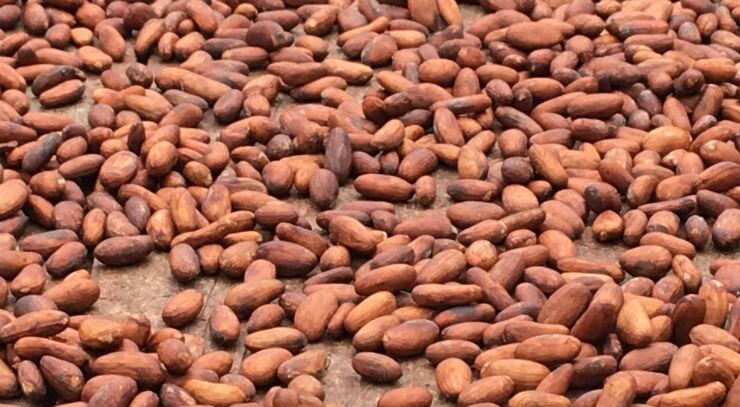Ghana and Cote d’Ivoire’s protracted battle with chocolate makers over the price of their beans has escalated after a meeting between the two regulatory bodies in Abidjan.
“While they are paying (the LID) on the right hand, they are taking the money from the left hand by not paying the country premium,” said Joseph Boahen Aidoo, Chief Executive of Ghana’s cocoa regulator COCOBOD, “in a press conference for local journalists in the Cote d’Ivoire capital.
The countries introduced a $400 per tonne premium scheme (LID) at the start of a 2020-2021 season to enable them to pay farmers a decent income. But a drop in demand because of COVID-19 and an abundant harvest have left farmers with surplus beans, and a lower farmgate price.
A separate premium on beans from both countries paid by chocolate makers is also making their cocoa more expensive than in other producer countries, forcing cocoa buyers to demand discounts.
“Once the country differential is discounted by between 100 and 250 pounds sterling ($348.25), it means essentially the LID has been eroded,” Aidoo said during a meeting of the two cocoa giants.
He told reporters that consumers buy brand chocolates and pay the premium price for chocolate which should go to the farmers.
“This amounts to robbing the consumers by collecting premium on bars of chocolate and then refusing to pay when buying cocoa beans,” he said. “Very soon the buyers may force us to name and shame all those who are not paying the country premium.”
Aidoo declined to name the chocolate makers, but in a letter seen by Reuters, Cote d’Ivoire’s regulator, Conseil Cafe Cacao (CCC), mentioned some companies including Mondelēz International as circumventing payment of the LID “by offering a negative country differential.”
In a statement released to the media, Mondelēz has denied the allegation insisting it was paying the LID in full, adding that it “does not offer or have any influence over negative country differentials.”
Earlier in the season and three months after the LID was introduced, Ghana and Cote d’Ivoire accused chocolate companies of not honouring the agreement and threatened to cancel sustainability programmes in retaliation.
“This time we are going to be tough on chocolate makers who want to bypass the LID. For us this is unacceptable,” an unnamed CCC official warned.

